NASCAR, a sport known for its high-octane drama and competitive spirit, has found itself at the center of a heated debate following Austin Dillon’s controversial victory at Richmond Raceway. What seemed like a standard, albeit intense, race quickly turned into a contentious issue when NASCAR made an unprecedented ruling that could reshape how future races are judged and how playoff qualifications are determined.
The Incident: Dillon’s Aggressive Tactics
During the final laps of the Richmond Raceway, Austin Dillon executed what many considered a reckless maneuver, intentionally wrecking both Joey Logano and Denny Hamlin to secure a last-minute victory. Such aggressive tactics are not uncommon in NASCAR, where drivers often push the boundaries in the quest for victory. However, Dillon’s actions crossed a line for many, raising questions about sportsmanship and the limits of acceptable conduct on the track.
The move triggered a wave of criticism from fans and fellow drivers alike. Wrecking other drivers to win is frowned upon but not unheard of in NASCAR. Yet, this instance stood out because of the clear intent and the stakes involved. With the playoffs on the horizon, every race and every point counts, making Dillon’s actions all the more significant.
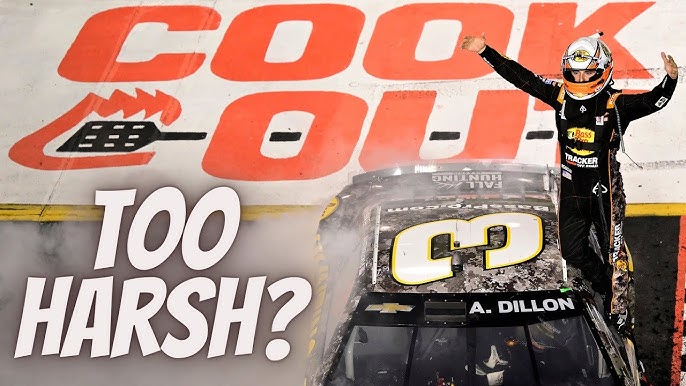
NASCAR’s Groundbreaking Decision
In an unexpected move, NASCAR announced that Dillon’s victory would not automatically qualify him for the playoffs. This ruling marks the first time in NASCAR history that a win under such circumstances was not counted as an automatic playoff bid. The decision sent shockwaves through the racing community, as it signaled a shift in how NASCAR governs on-track behavior, especially in crucial moments.
NASCAR’s decision can be seen as an attempt to enforce fair play and deter dangerous driving tactics. By not allowing Dillon’s win to guarantee a playoff spot, NASCAR is sending a message that reckless behavior, even in the heat of competition, will not be rewarded.
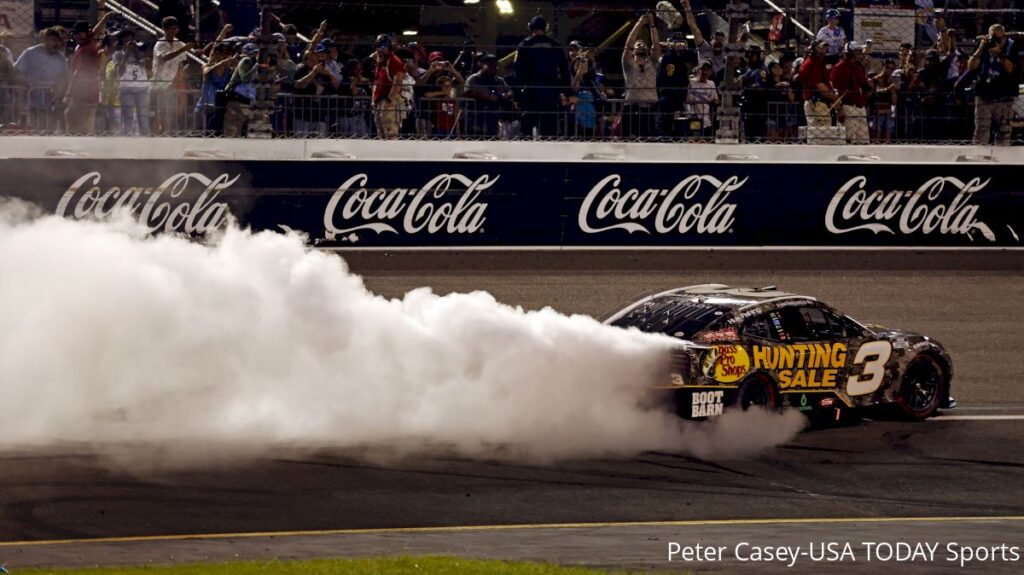
Did NASCAR Get It Right?
The ruling has sparked a broader conversation about the integrity of the sport. Some argue that NASCAR was right to make an example of Dillon, setting a precedent that could curb reckless driving and promote safer, more respectful competition. Others, however, believe the ruling creates a slippery slope, where subjective judgments could unfairly impact race outcomes and playoff qualifications in the future.
Critics of the decision point out that aggressive driving has always been a part of NASCAR, and penalizing Dillon in this way might lead to inconsistent rulings in the future. They worry that this could open Pandora’s box, where NASCAR officials have too much power to influence the results based on their interpretation of a driver’s intent.
On the other hand, supporters of the ruling argue that NASCAR had to draw the line somewhere. Allowing Dillon’s win to stand without consequence could have encouraged more drivers to adopt a win-at-all-costs mentality, potentially leading to more dangerous incidents on the track. By stepping in, NASCAR is upholding the sport’s values and protecting its reputation.
The Future of NASCAR: A New Era of Accountability?
As the dust settles, one thing is clear: NASCAR has entered uncharted territory. This ruling could be the beginning of a new era in the sport, where driver behavior is more closely monitored, and the consequences of crossing the line are more severe.
Drivers will now have to think twice before making risky moves, knowing that their actions could have far-reaching implications beyond just losing a race—they could lose their chance at a playoff spot. This could lead to cleaner, more strategic racing, or it could stifle the aggressive, edge-of-your-seat competition that fans love.
Only time will tell how this decision will impact the sport in the long run. But for now, NASCAR has made its stance clear: reckless driving will not be tolerated, and even the biggest names in the sport are not above the rules.
Bold Step?
Austin Dillon’s controversial win at Richmond Raceway and NASCAR’s subsequent ruling have sparked a significant debate within the racing community. Whether this decision will be remembered as a bold step towards ensuring fair competition or as an overreach that altered the fabric of the sport remains to be seen. What is certain, however, is that NASCAR fans and drivers alike will be watching closely to see how this new precedent shapes the future of racing.
[uap-landing-commission slug=’author_1′]

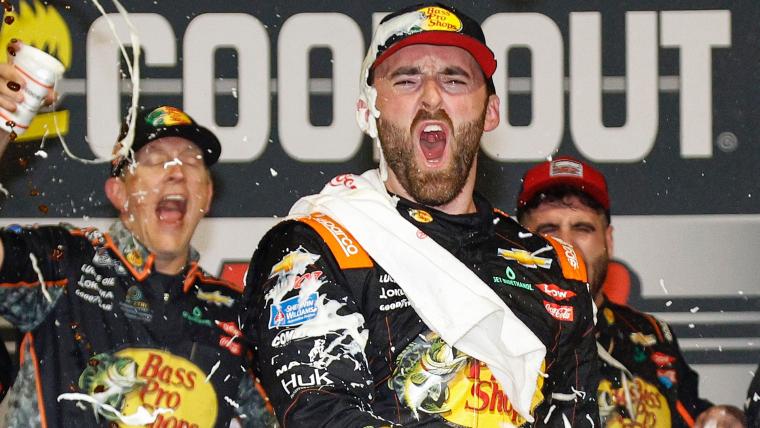


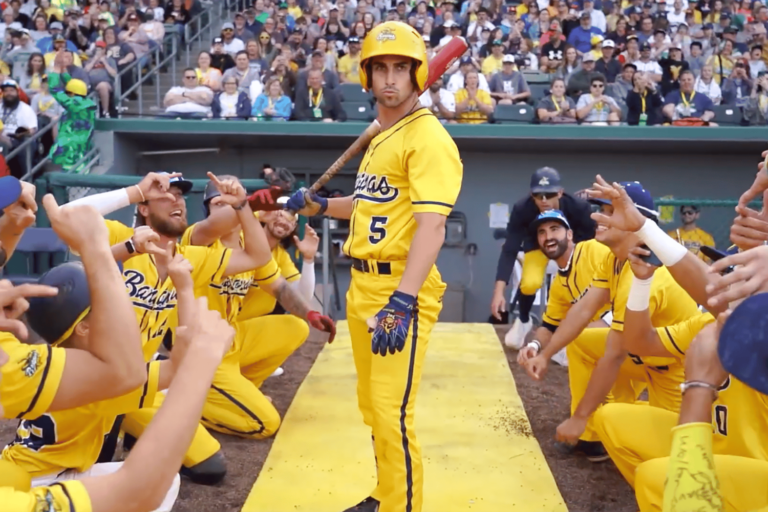
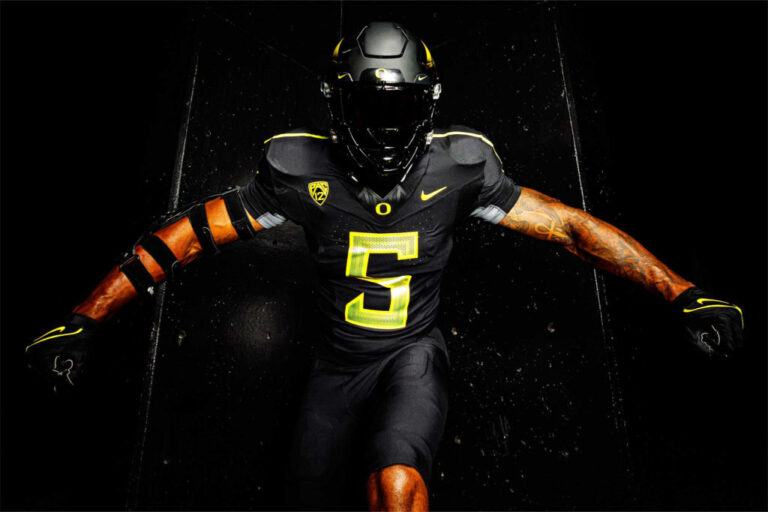

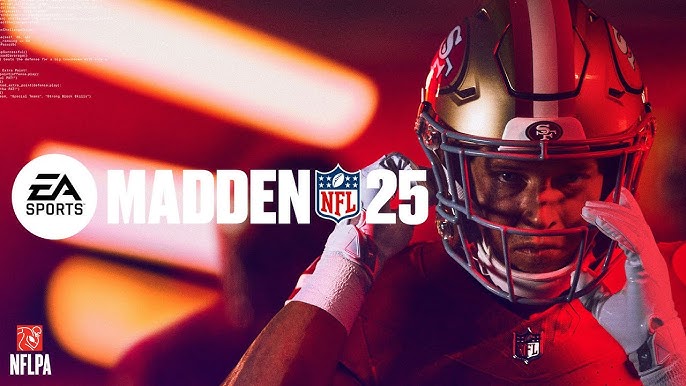







+ There are no comments
Add yours